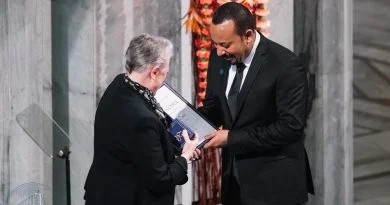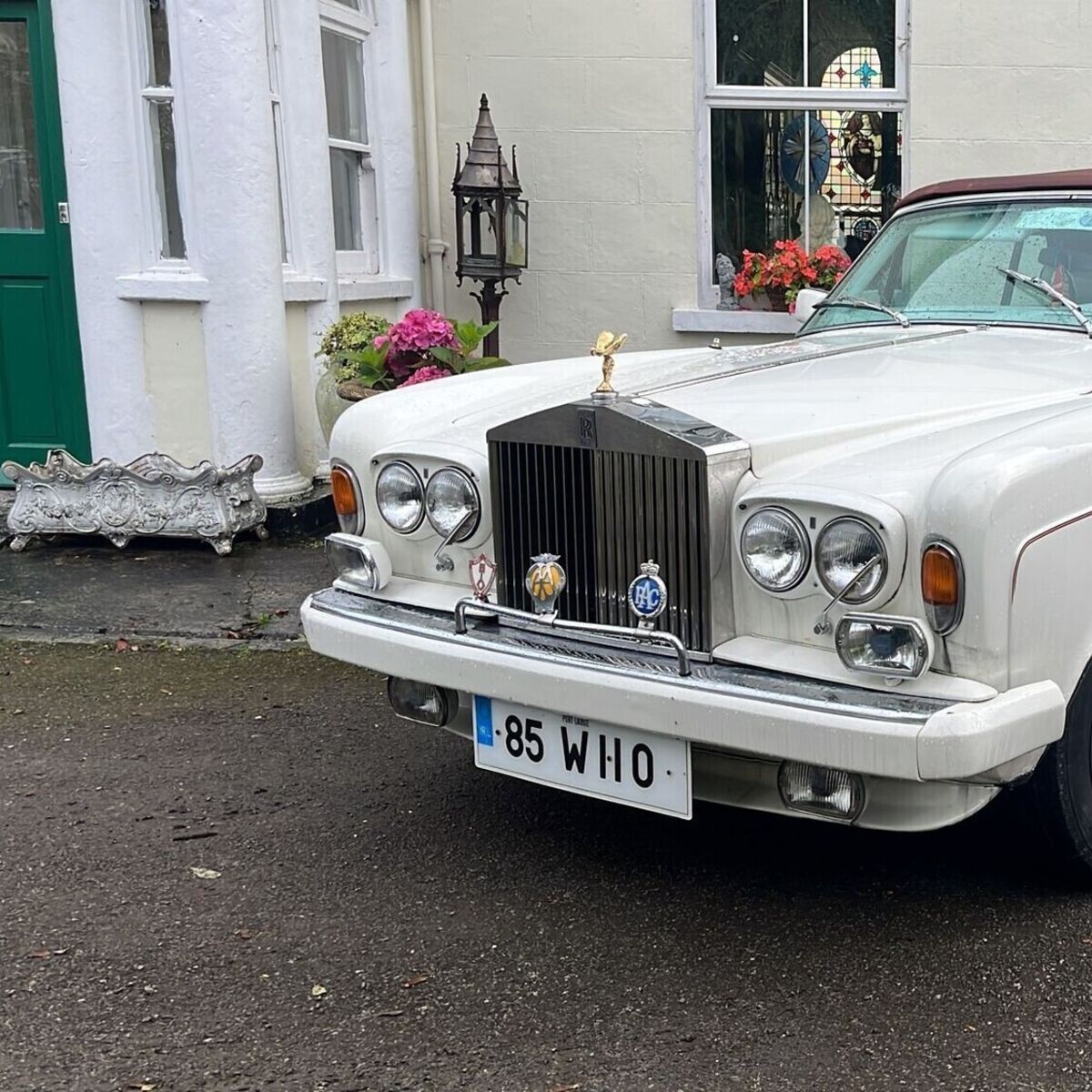Copyright ethiopianmonitor

Ethiopia and sixteen other African countries have committed to reforms and actionable plans to expand electricity access under the Mission 300 initiative led by the World Bank Group (WBG) and African Development Bank (AfDB) Group . The joint initiative – backed by a coalition of multilateral lenders, governments, and private investors – aims to connect 300 million Africans to electricity by 2030. Seventeen countries endorsed committed to National Energy Compacts – practical blueprints that guide public spending, trigger reforms, and attract private capital – at the Bloomberg Philanthropists Global Forum that was held on the margins of the UN General Assembly this week. Speaking at the Forum, President Taye Atskeselassie said: “Our National Energy Compact exemplifies Ethiopia’s unwavering dedication to ensuring universal, affordable, and sustainable energy access for all.” “By unlocking our vast renewable resources, strengthening regional interconnections, we aim to foster inclusive growth domestically and propel Africa’s collective momentum toward ending energy poverty,” he added. Apart from Ethiopia, Benin, Botswana, Burundi, Cameroon, Comoros, the Republic of the Congo, Gambia, Ghana, Guinea, Kenya, Lesotho, Mozambique, Namibia, São Tomé and Principe, Sierra Leone, and Togo committed to the Energy Compacts. Mission 300 ‘is forging enduring reforms’ Currently, 600 million Africans lack access to electricity, creating significant barriers to health care, education, productivity, digital inclusivity, and ultimately job creation. The WBG and AfDB announced in April last year on their partnership with ambitious mission of halving the number of people without electricity access. Of this number, the World Bank Group is expected to deliver access to 250 million people, while the African Development Bank Group will target 50 million. “Electricity is the bedrock of jobs, opportunity, and economic growth,” said World Bank Group President Ajay Banga. “That’s why Mission 300 is more than a target—it is forging enduring reforms that slash costs, strengthen utilities, and draw in private investment.” Since the launch of Mission 300, 30 million people have already been connected, with more than 100 million in the pipeline, the partners claim. “Reliable, affordable power is the fastest multiplier for small and medium enterprises, agro-processing, digital work, and industrial value-addition,” said AfDB Group President Sidi Ould Tah. “Give a young entrepreneur power, and you’ve given them a paycheck.” What the Energy Compacts Entail National Energy Compacts are at the core of Mission 300, developed and endorsed by governments with technical support from development partners. Tailored to each country’s context, these practical blueprints integrate three core tracks—infrastructure, financing, and policy. Earlier this year, Energy Compacts were also endorsed by Chad, Côte d’Ivoire, Democratic Republic of Congo, Liberia, Madagascar, Malawi, Mauritania, Niger, Nigeria, Senegal, Tanzania, and Zambia. These countries together pledged to make more than 400 policy actions aimed at strengthening utilities, reduce investor risk, and remove bottlenecks. Many development partners and development finance institutions are supporting Mission 300 projects through co-financing and technical assistance, says the World Bank Group, which, together with AfDB, is “working to align efforts in support of powering Africa”. Other partners in the Mission 300 coalition include the UN Sustainable Energy for All (SEforAll), the Rockefeller Foundation, and Global Energy Alliance for People and Planet (GEAPP). In addition, multilateral development banks and finance institutions that have so far pledged financing support valued at more than US$ 6 billion include the Agence Francaise de Developpement, Asia Infrastructure Investment Bank, Islamic Development Bank and the OPEC Fund.



